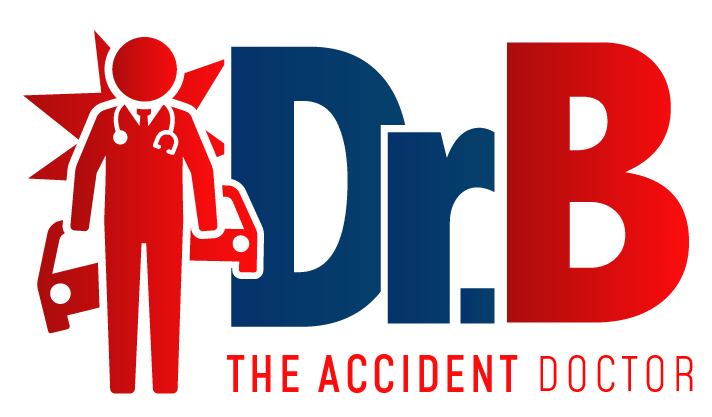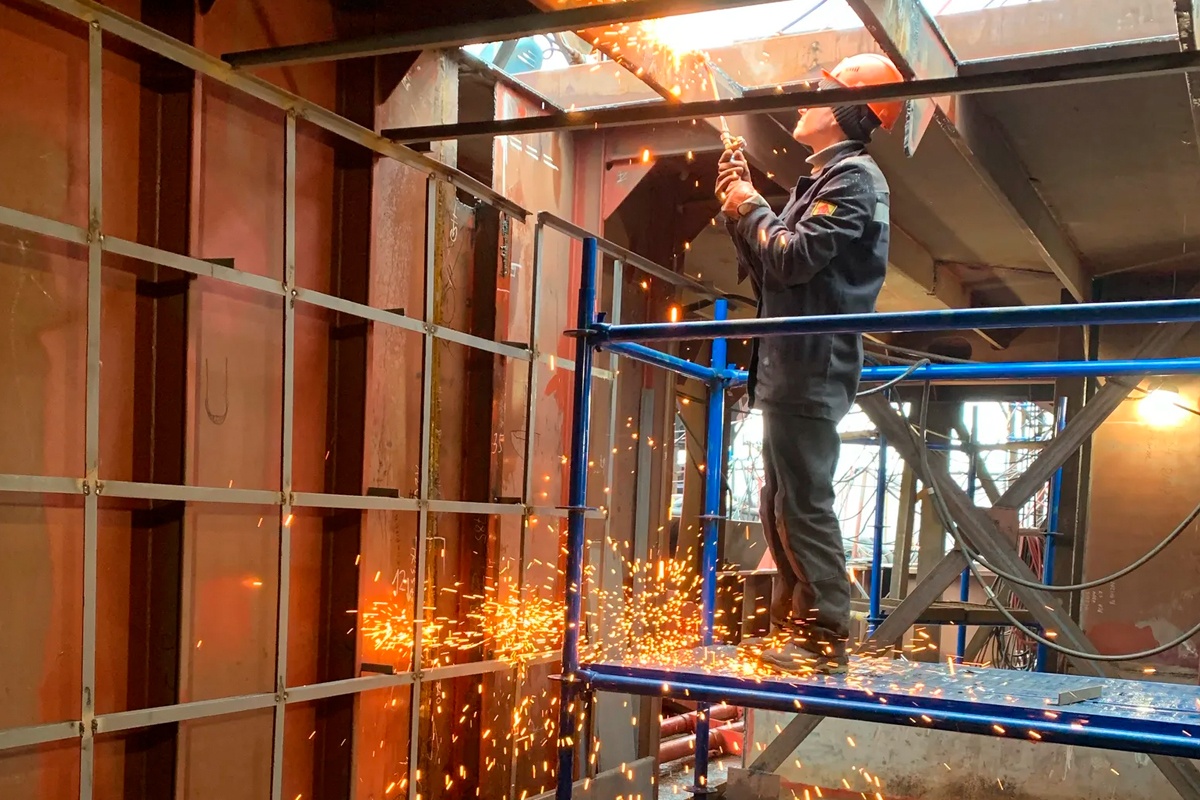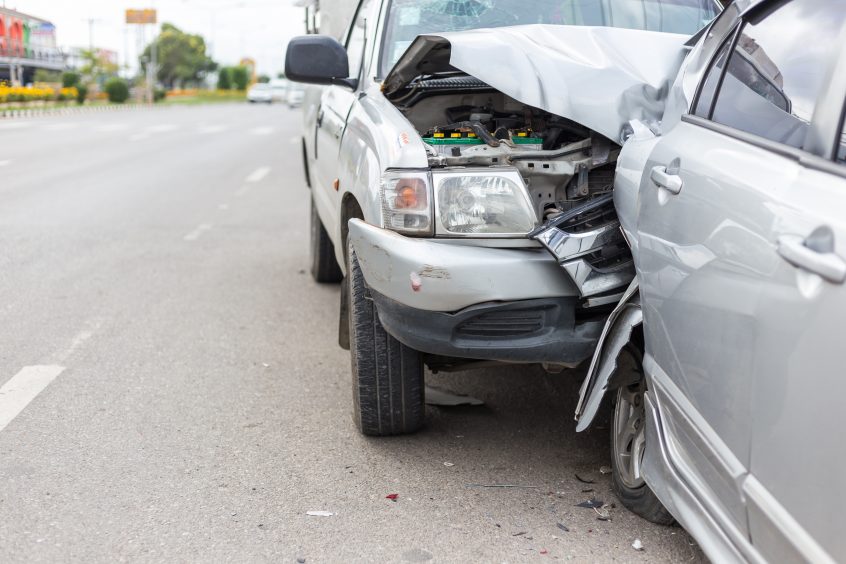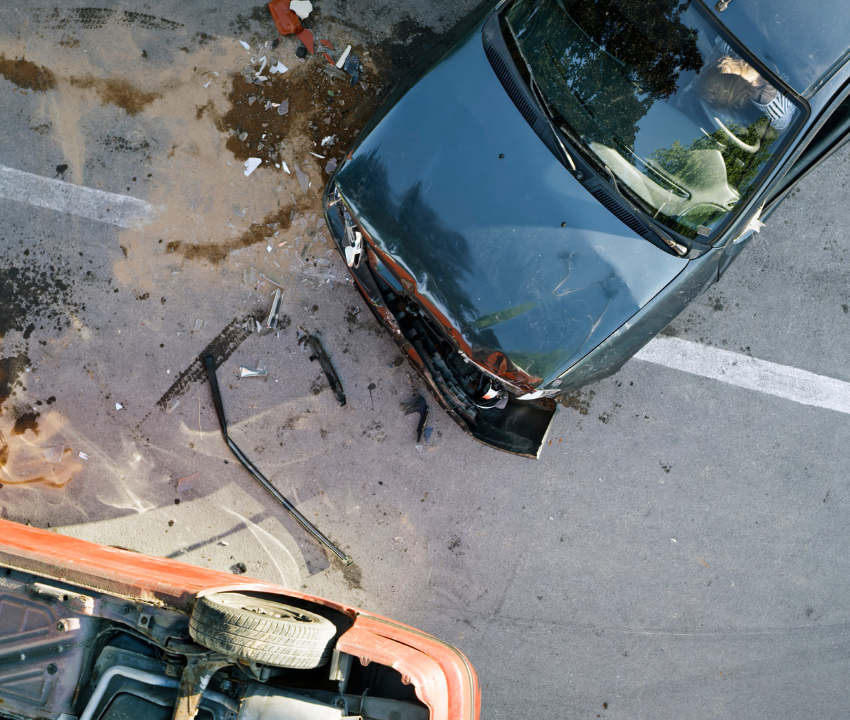Texas is a bustling state home to numerous prosperous industries. Texas also takes the top spot for being the most dangerous state for workers in the country. According to the Texas Department of Insurance (TDI), 488 workers were killed in workplace accidents in 2018; and, while this decreased, Texas remains the worst state for workers per capita in regards to fatalities and serious injuries. A consistent track record of having the most fatalities among workers across all industries speaks to a much-needed overhaul in employer responsibility for workers’ safety across the state.
Most Dangerous Industries
Texans are notoriously tough, with a hard-working spirit and deep pride for our state. We are not afraid to put in the hard work needed in order to get the job done. As diverse and rich in resources as the state of Texas is, so are the workers who enable our plethora of industries to thrive across the state. Of the many industries, Texans serve, data shows some verticals pose a greater threat to worker safety than others.
Construction
Construction is historically one of the most dangerous industries for employees due to the nature of the work being performed. Across the state, cities are experiencing population booms, and with that comes the need for housing, retail, and infrastructure to support expanding communities. While this is lucrative for construction companies profiting off of projects, it means workers are at a greater risk for serious injury or death. According to the Bureau of Labor Statistics, of the 488 worker fatalities in Texas in 2018, 105 were in the construction and extraction industries. The most common causes of workplace fatalities included falls, transportation accidents, toxic exposure, and making contact with an object or equipment.
Employers have a duty to their employees to provide and maintain a safe working environment free of harm. Workers have the right to go to work and return home safely each and every day. Workers may suffer life-altering injuries that could cost them more than just their career, including:
- Broken bones and fractures
- Traumatic brain injury
- Spinal cord injury
- Deep cuts or lacerations
- Severe burns
- Amputations
Transportation
The transportation industry is crucial in supplying goods needed for business and individual consumers across the state. The great need for transporting raw materials and consumer goods comes with associated risks for transportation workers. The U.S. Bureau of Labor Statistics reported 174 workers in the transportation industry were killed at work in 2018. Transportation employees rely on other companies to regularly service their vehicles as well as perform routine inspections to ensure their vehicles are adequately equipped to haul cargo safely. Should a service appointment or inspection be conducted negligently, and unaddressed issues result in injuries, the responsible parties can be held accountable. In addition, drowsy driving and distracted driving continue to present safety issues for truckers.
Oil and Gas
It may not come as a surprise that the oil and gas industry sees its fair share of serious injuries and fatalities each year. Many Texans rely on extraction and production in the oil and gas industry for their livelihood; unfortunately, oilfields and oilrigs are hot spots for serious incidents such as explosions and heavy equipment-related accidents. At least 122 workers serving the oil and gas industry were killed while on the job in 2018. Despite the overwhelming death toll, oil and gas companies continue to fail Texas workers by taking shortcuts when it comes to federal regulations regarding routine inspections of facilities, providing personal protection equipment to workers, cleaning hazardous chemicals, and safeguarding heavy machinery. Since so many contractors, subcontractors, and independent workers can be found on oil and gas job sites, multiple parties may be responsible for workplace accident injuries.
Have you had an accident in your workspace?
Schedule an appointment with us now! 210-342-2777
* Information obtained from: www.craftlawfirm.com









